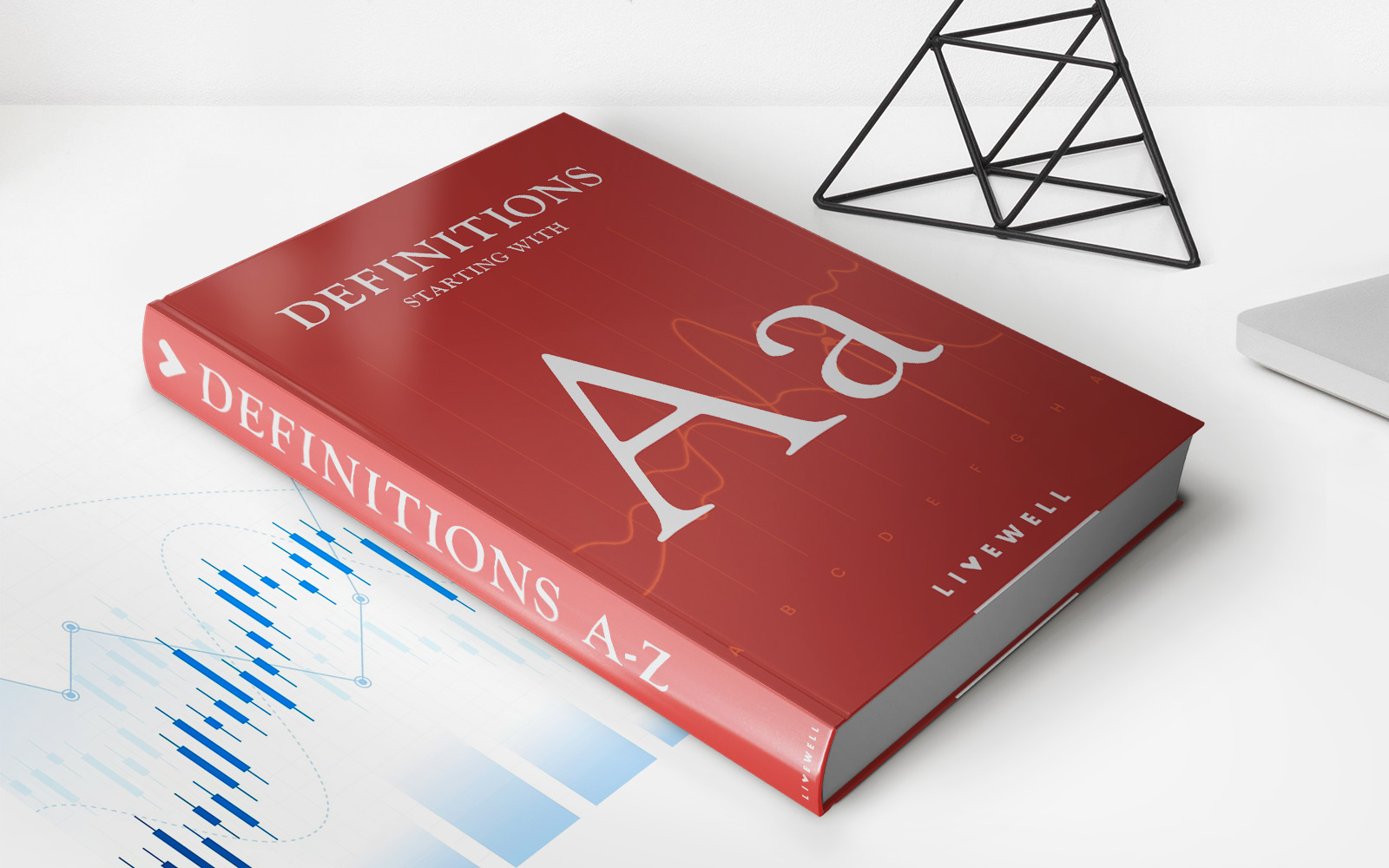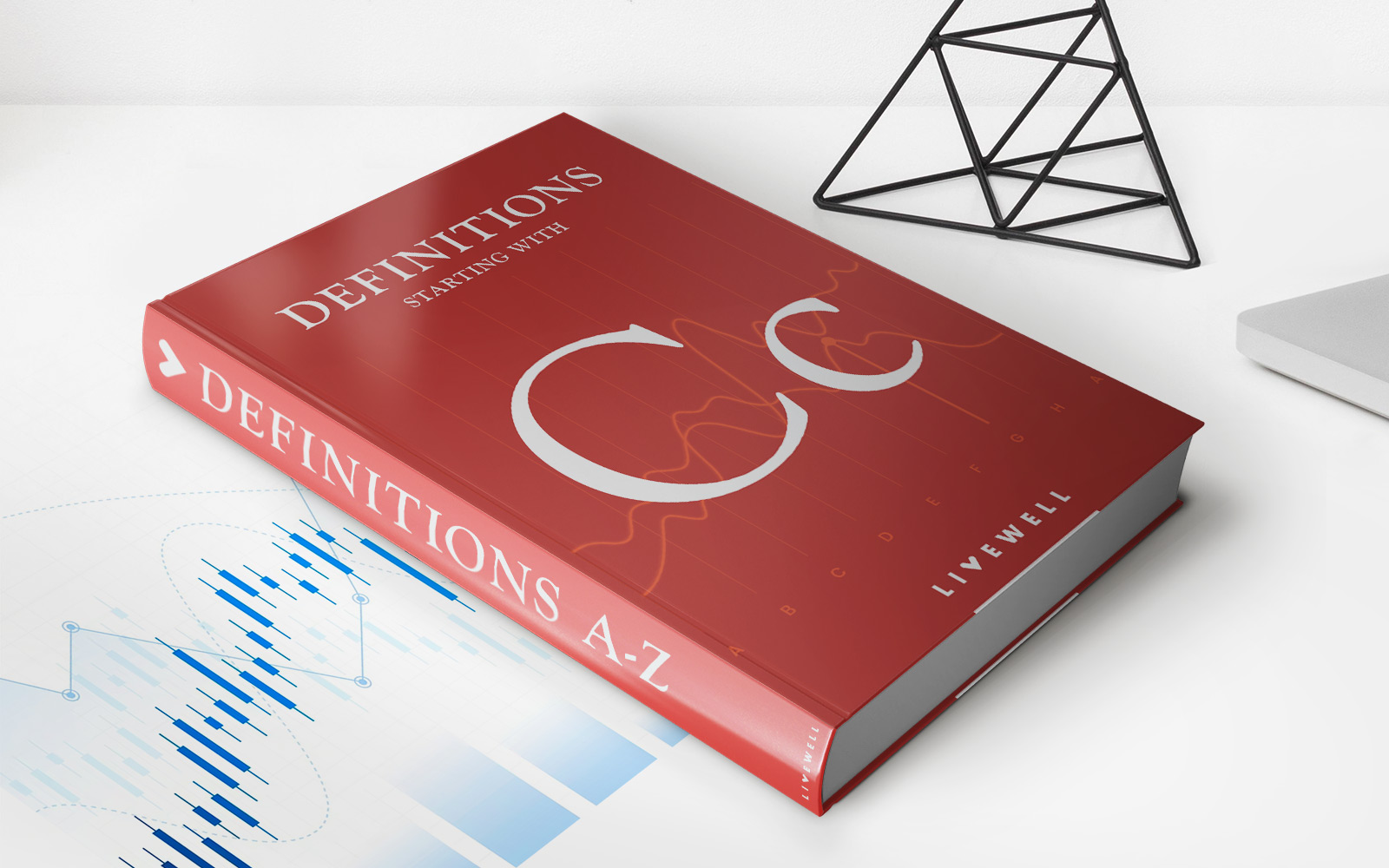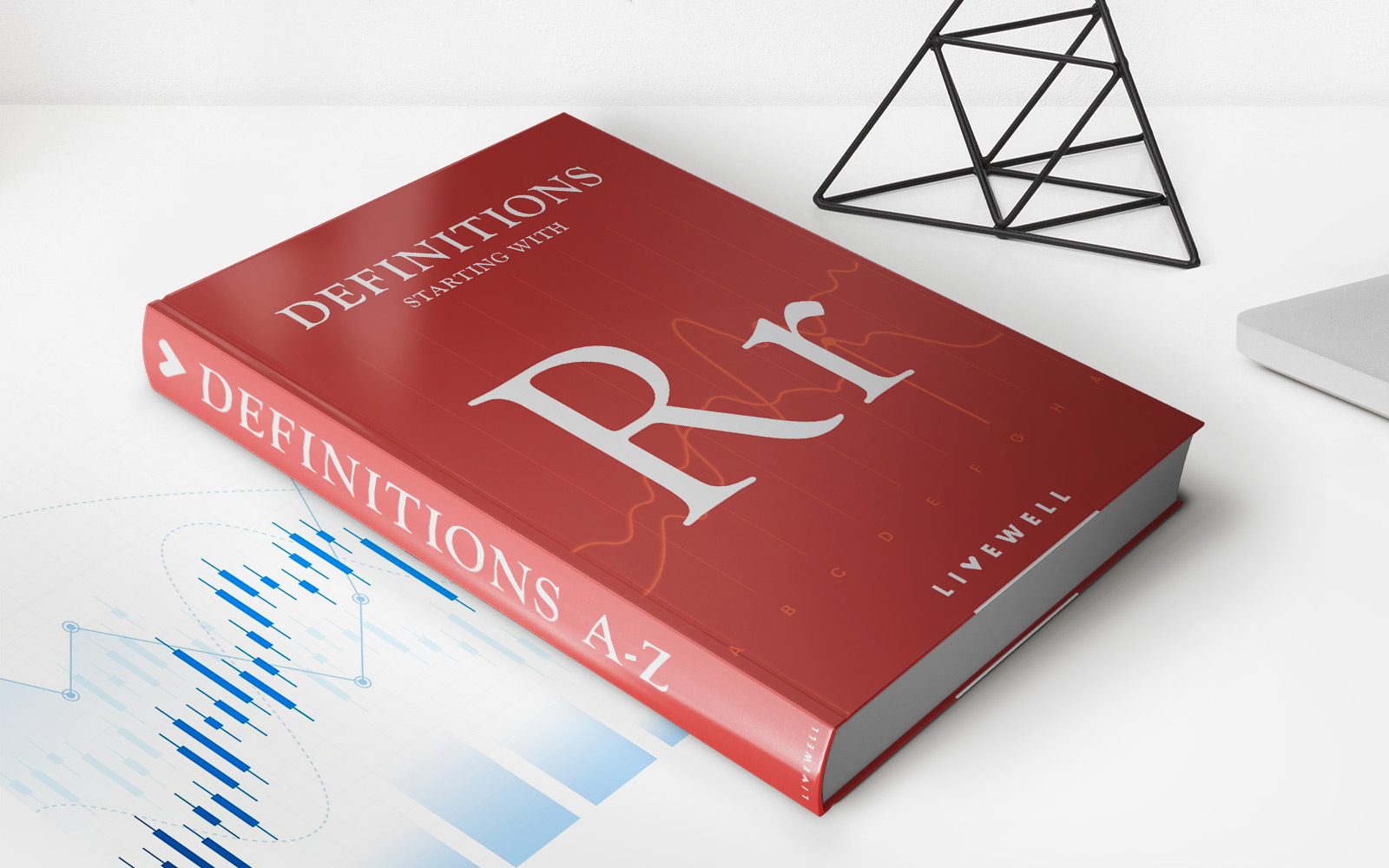

Finance
What Are The 5 Components Of Estate Planning?
Published: January 3, 2024
Discover the 5 key components of estate planning and the importance of each. Ensure your finances are protected with a comprehensive estate plan.
(Many of the links in this article redirect to a specific reviewed product. Your purchase of these products through affiliate links helps to generate commission for LiveWell, at no extra cost. Learn more)
Table of Contents
Introduction
When it comes to financial planning, estate planning is an essential component that often gets overlooked. Estate planning involves making important decisions about how your assets will be managed and distributed after your passing, ensuring that your loved ones are taken care of and your wishes are followed.
While the concept of estate planning may seem overwhelming, it can be broken down into five key components that make up a comprehensive estate plan. These components not only help provide clarity and structure to your estate but also offer peace of mind knowing that your affairs are in order.
In this article, we will delve into the five essential components of estate planning, exploring their importance and how they work together to protect your legacy. Whether you are just starting to think about estate planning or need a refresher, this guide will help you understand the key elements involved.
So, let’s dive into the five components of estate planning and what they entail.
Component 1: Will
The foundation of any estate plan is a Last Will and Testament, commonly known as a will. A will is a legal document that outlines your wishes for the distribution of your assets after your death.
Having a will is crucial because it allows you to specify who will inherit your property and assets, appoint guardians for minor children, and designate an executor to carry out your wishes. Without a will, your assets may be distributed according to the default laws of your jurisdiction, which may not align with your intentions.
When creating a will, it’s essential to consider all aspects of your estate. This includes identifying and listing your assets, such as properties, bank accounts, investments, and personal belongings, and deciding how they should be distributed among your beneficiaries.
In addition to asset distribution, a will also allows you to appoint a trusted person to manage your estate, known as the executor or personal representative. This individual will be responsible for settling outstanding debts, paying taxes, and ensuring that your assets are distributed according to your wishes.
It’s important to regularly review and update your will to reflect any significant life changes, such as marriage, divorce, the birth of children, or the acquisition of new assets. By keeping your will up to date, you can ensure that it accurately reflects your current wishes and avoids potential complications or disputes.
While a will is a crucial component of estate planning, it’s important to note that it goes through probate, which is the legal process of validating the will and administering the estate. This process can be time-consuming and may involve court fees. For those looking to avoid probate, alternative estate planning tools such as trusts can provide a solution.
Overall, a will is the cornerstone of estate planning, allowing you to have control over the distribution of your assets and ensuring that your wishes are carried out after your passing. It provides peace of mind and helps minimize potential conflicts among your loved ones, making it a vital component of a comprehensive estate plan.
Component 2: Trust
In addition to a will, a trust is another critical component of estate planning. A trust is a legal entity that holds assets on behalf of beneficiaries and is managed by a trustee.
There are various types of trusts that can be established to achieve different goals, such as revocable living trusts, irrevocable trusts, and testamentary trusts. The specific type of trust you choose will depend on your unique circumstances and objectives.
One key advantage of using a trust is that it allows for the efficient management and distribution of assets without going through probate. Unlike a will, which becomes a matter of public record and is subject to court supervision, trusts provide privacy and flexibility in estate administration.
By creating a trust, you have the ability to designate how and when your assets should be distributed to your beneficiaries. For example, you can set conditions for the release of funds, such as when a beneficiary reaches a certain age or achieves specific milestones. This can be particularly beneficial if you have minor children or beneficiaries who may not be financially responsible.
Furthermore, a trust can be used to protect assets from creditors, lawsuits, or divorcing spouses. By placing assets in a trust, you can shield them from potential claims and ensure that they are preserved and passed on to your intended beneficiaries.
A trust also offers a seamless transition of asset management in case of incapacity. If you become unable to make decisions due to illness or disability, the trustee can step in and manage the trust assets according to your wishes, without the need for court intervention.
It’s important to work with an experienced estate planning attorney to establish a trust that aligns with your specific goals and ensures compliance with legal requirements. Additionally, regular review and updating of the trust documentation is crucial to ensure it reflects your current circumstances and intentions.
Overall, a trust is a valuable tool in estate planning, providing control, flexibility, and privacy in the management and distribution of your assets. It can help mitigate potential challenges and ensure your wishes are carried out efficiently and effectively.
Component 3: Power of Attorney
Another important component of estate planning is the establishment of a Power of Attorney (POA). A Power of Attorney is a legal document that grants someone, known as the agent or attorney-in-fact, the authority to make decisions and take actions on your behalf in financial and legal matters.
There are two main types of Power of Attorney: financial and healthcare. A financial Power of Attorney allows your agent to handle financial transactions, manage investments, pay bills, and make other financial decisions on your behalf. On the other hand, a healthcare Power of Attorney grants your agent the authority to make medical decisions if you become incapacitated and are unable to make them yourself.
By appointing a Power of Attorney, you have the peace of mind knowing that someone you trust will be able to manage your affairs if you become unable to do so. This can be especially crucial in situations where important decisions need to be made, and time is of the essence.
It’s important to choose your agent carefully and ensure that they are responsible, trustworthy, and capable of making decisions in your best interest. Discuss your wishes and expectations with your agent beforehand, so they understand your preferences and can act accordingly.
It’s worth noting that a Power of Attorney is only valid while you are alive. Once you pass away, the Power of Attorney document becomes void, and the responsibilities associated with estate administration shift to the executor or trustee named in your will or trust.
Regular review and updating of your Power of Attorney documents are essential, especially if there are changes in your personal or financial circumstances, or if the person you previously designated as your agent is no longer able or willing to fulfill the role.
Overall, establishing a Power of Attorney is a vital component of estate planning, providing protection and assurance that your financial and healthcare decisions will be handled by someone you trust in case of your inability to act.
Component 4: Healthcare Directive
A critical component of estate planning is creating a healthcare directive or advanced healthcare directive. This legal document outlines your wishes regarding medical treatment and end-of-life decisions in the event that you become incapacitated and are unable to communicate your choices.
A healthcare directive typically consists of two parts: a living will and a medical power of attorney. A living will specifies the types of medical treatments and interventions you wish to receive or decline under specific circumstances. It allows you to express your preferences regarding life-sustaining measures, such as CPR, ventilator use, and artificial nutrition and hydration.
On the other hand, a medical power of attorney appoints an agent, often referred to as a healthcare proxy or surrogate, who will make medical decisions on your behalf based on your wishes and values. This ensures that your healthcare preferences are respected, even if unforeseen medical circumstances arise.
By creating a healthcare directive, you guide your loved ones and medical professionals in making decisions that align with your values and beliefs. It eliminates the burden of guesswork during emotionally charged and difficult situations.
It’s important to have open and honest conversations with your chosen healthcare agent about your healthcare wishes and values. This will help them make informed decisions on your behalf if you are unable to communicate your preferences.
Regularly reviewing and updating your healthcare directive is crucial, especially if your medical condition changes or if you have new preferences or concerns. Make sure to provide copies of your healthcare directive to your healthcare agent, primary care physician, and any other individuals involved in your healthcare.
Additionally, it’s important to ensure that your healthcare directive is recognized and enforceable in the state or country where you reside. Consulting with an attorney who specializes in healthcare law can provide guidance and help ensure that your document complies with legal requirements.
In summary, a healthcare directive is an essential component of estate planning, enabling you to have a say in your medical treatment and end-of-life decisions. It offers peace of mind knowing that your wishes will be respected and followed even when you are unable to advocate for yourself.
Component 5: Beneficiary Designations
The final component of estate planning is beneficiary designations. Beneficiary designations are instructions that specify who will receive your assets, such as retirement accounts, life insurance policies, and certain financial accounts, upon your death.
When you designate beneficiaries for your assets, you bypass the probate process and ensure that these assets are distributed directly to the intended recipients. This can help expedite the transfer of assets and provide immediate financial support to your loved ones.
Beneficiary designations are typically made when you open or establish an account or policy. It’s important to review these designations regularly and update them as needed to reflect any changes in your circumstances, such as marriage, divorce, or the birth or death of a loved one.
It’s worth noting that beneficiary designations supersede the instructions provided in a will or trust. In other words, if there is a discrepancy between the designated beneficiaries and the distribution outlined in your will or trust, the beneficiary designation will prevail. Therefore, it’s important to ensure that your beneficiary designations align with your overall estate planning goals.
It’s also important to name contingent beneficiaries in case the primary beneficiaries predecease you. This helps avoid complications and ensures that your assets are distributed to alternate recipients as per your wishes.
When designating beneficiaries, consider the impact of taxes and the specific rules that govern the treatment of different types of assets. Consulting with a financial advisor or estate planning attorney can provide valuable guidance in navigating these considerations.
It’s vital to maintain accurate and up-to-date records of your beneficiary designations, including copies of the relevant documents and contact information for the beneficiaries. This will help ensure a smooth transfer of assets and minimize any potential disputes or delays.
Overall, beneficiary designations are a crucial part of estate planning, allowing for the seamless and efficient transfer of assets to your intended recipients. By regularly reviewing and updating these designations, you can ensure that your assets are distributed according to your wishes and provide financial security to your loved ones.
Conclusion
Estate planning is a vital process that ensures your assets are protected and distributed according to your wishes, providing peace of mind for you and financial security for your loved ones. By understanding and implementing the five essential components of estate planning, you can create a comprehensive plan that effectively addresses your unique circumstances and goals.
A Last Will and Testament serves as the foundation of your estate plan, allowing you to specify asset distribution and appoint an executor. Trusts offer additional flexibility, privacy, and asset protection, helping you manage assets during your lifetime and pass them on to your beneficiaries efficiently.
Power of Attorney documents grant trusted individuals the authority to make financial and healthcare decisions on your behalf if you become unable to do so. These documents provide critical guidance and protection during times of incapacity.
A healthcare directive ensures that your medical treatment preferences and end-of-life decisions are honored, even if you are unable to communicate them. This document empowers your chosen healthcare agent to make informed decisions based on your values and wishes.
Lastly, beneficiary designations allow for the direct transfer of assets, such as retirement accounts and life insurance policies, to named beneficiaries, bypassing the probate process and providing immediate financial support.
Regular review and updating of your estate plan is essential to account for changes in your life circumstances, finances, and relationships. Consultation with an experienced estate planning attorney can provide guidance and ensure that your plan complies with legal requirements.
By taking the time to develop a comprehensive estate plan that encompasses all five components, you can rest assured that your wishes will be followed and your loved ones will be well taken care of. Estate planning is an investment in the future, offering both practical and emotional benefits for you and your family.
Remember, it is never too early to start estate planning. The earlier you begin, the more control and flexibility you have in shaping your legacy and achieving your long-term goals. So don’t delay – start your estate planning journey today.














